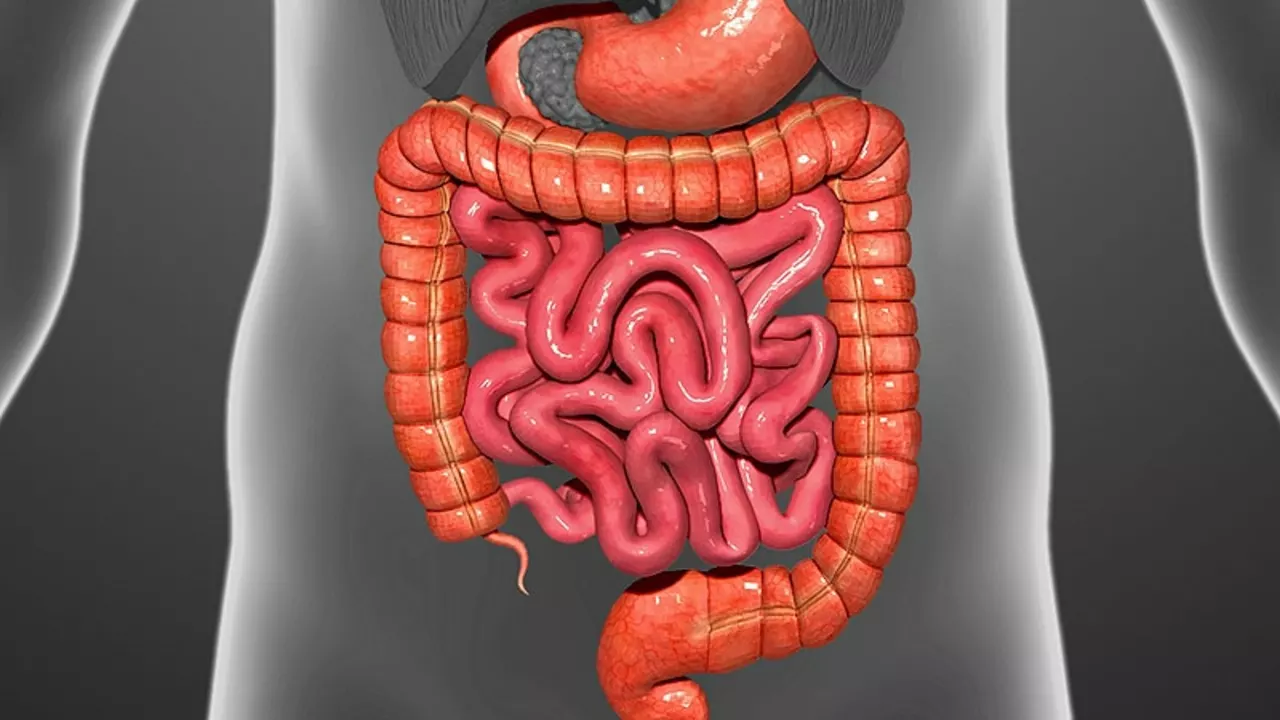Irritable Bowel Syndrome (IBS): What You Need to Know and What Works
Irritable bowel syndrome (IBS) is a common gut disorder that causes belly pain, bloating, gas, diarrhea, and/or constipation. People often live with symptoms for years before getting a clear plan. The good news: there are simple, practical steps that help most people feel better.
IBS isn’t the same for everyone. Some people have mostly diarrhea (IBS-D), some mostly constipation (IBS-C), and others swing between both (IBS-M). Symptoms can flare with stress, certain foods, hormones, or even changes in sleep. Knowing your pattern makes it easier to choose fixes that actually work.
How doctors figure out IBS matters. They usually rely on your symptoms and basic tests to rule out other problems like infection, inflammatory bowel disease, or celiac disease. If you’re under 50 with typical symptoms and no warning signs, your doctor may diagnose IBS without invasive tests. But if you have sudden weight loss, blood in the stool, fever, or a family history of bowel disease, further testing is needed.
Practical steps to feel better
Start by tracking symptoms and food. A simple food-and-symptom diary for two weeks reveals triggers more often than you’d expect. Many people find relief by cutting back on common culprits: caffeine, high-fat meals, and obvious gas-producing foods like beans and broccoli. Try a low FODMAP approach for a few weeks under guidance — it often reduces bloating and diarrhea.
Fiber helps some people and can worsen symptoms for others. Soluble fiber (oats, psyllium) is usually gentler than insoluble fiber. If constipation is a problem, gradual fiber increase plus consistent hydration and movement can make a big difference. For diarrhea, loperamide can be used short term to control loose stools.
Medications and supplements can help when lifestyle changes aren’t enough. Antispasmodic drugs reduce cramping, peppermint oil can calm the gut, and certain antidepressants help pain and gut sensitivity at low doses. Probiotics show mixed results, but some people notice better gas and bowel regularity with a single-strain product. Always check with your clinician before starting new meds or supplements.
Mind and routine matter
Stress and sleep directly affect IBS. Cognitive behavioral therapy (CBT), gut-directed hypnotherapy, and simple relaxation techniques reduce flares for many. Regular meals, avoiding late-night eating, and moderate exercise are small habits that steady digestion.
When to see your doctor? If symptoms are severe, change quickly, or include blood or unexplained weight loss, get evaluated promptly. Also see a clinician if your daily life is limited despite self-help — you deserve a treatment plan.
Practical flare plan: when a flare hits, pause high-fiber foods for a day, stick to bland foods like white rice, bananas, and toast, sip clear fluids, and use OTC remedies that work. Traveling? Pack snacks you trust, avoid unfamiliar spicy dishes, and plan bathroom breaks. A short and simple action plan cuts panic and speeds recovery.
IBS is manageable. With the right mix of diet, medication, and stress work, most people cut symptom days in half. Start small, track what works, and involve a clinician when things don’t improve.
The Link Between Functional Dyspepsia and Irritable Bowel Syndrome
It's interesting to note that there's a significant link between functional dyspepsia and irritable bowel syndrome. Both are common digestive disorders that can greatly impact a person's quality of life. Researchers have found that these conditions often overlap, meaning a person who has one might also have the other. This suggests that they may share common triggers or underlying causes. While we don't fully understand why this is, it's clear that more study is needed in this area to help those suffering from these conditions.
